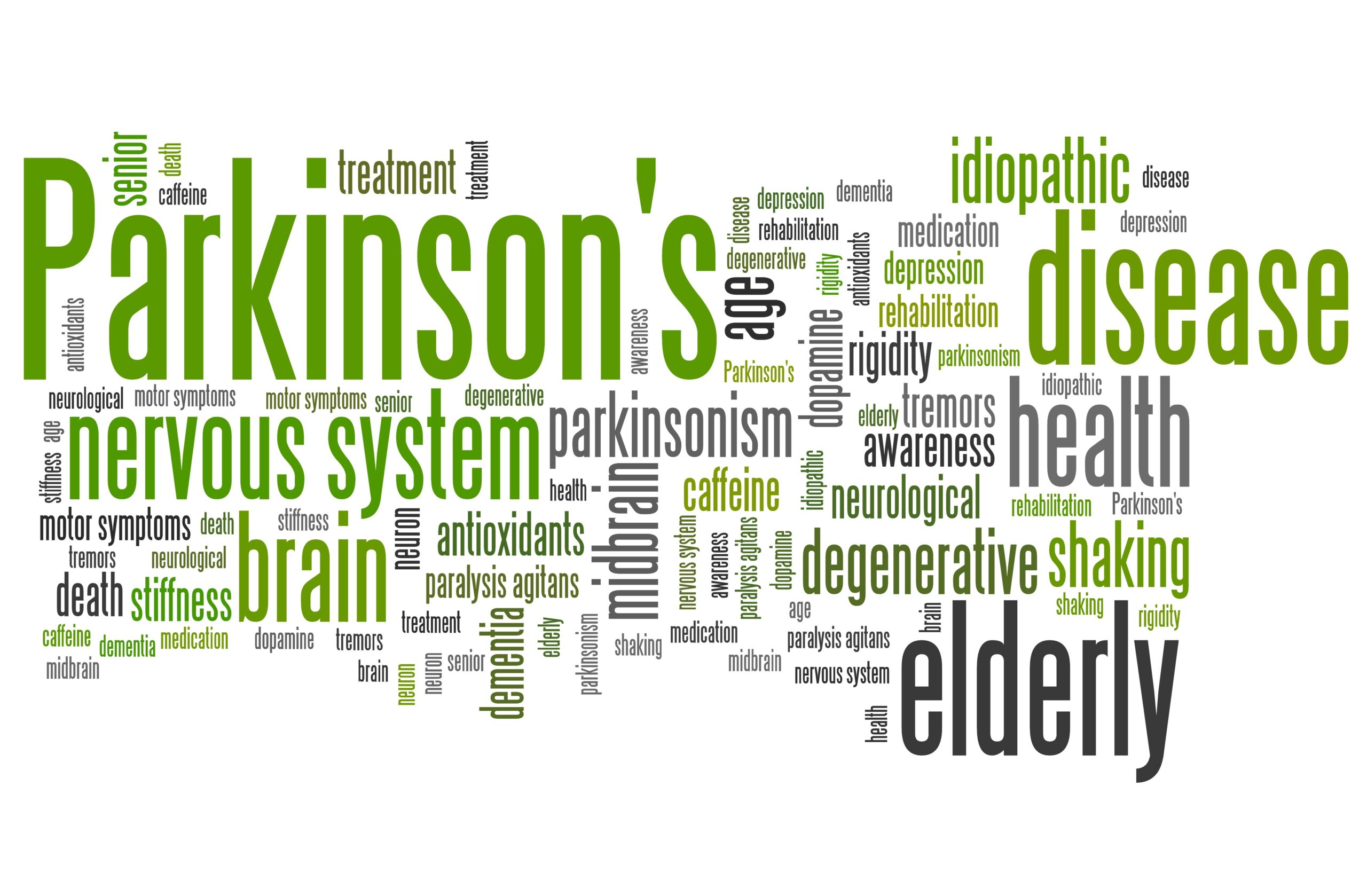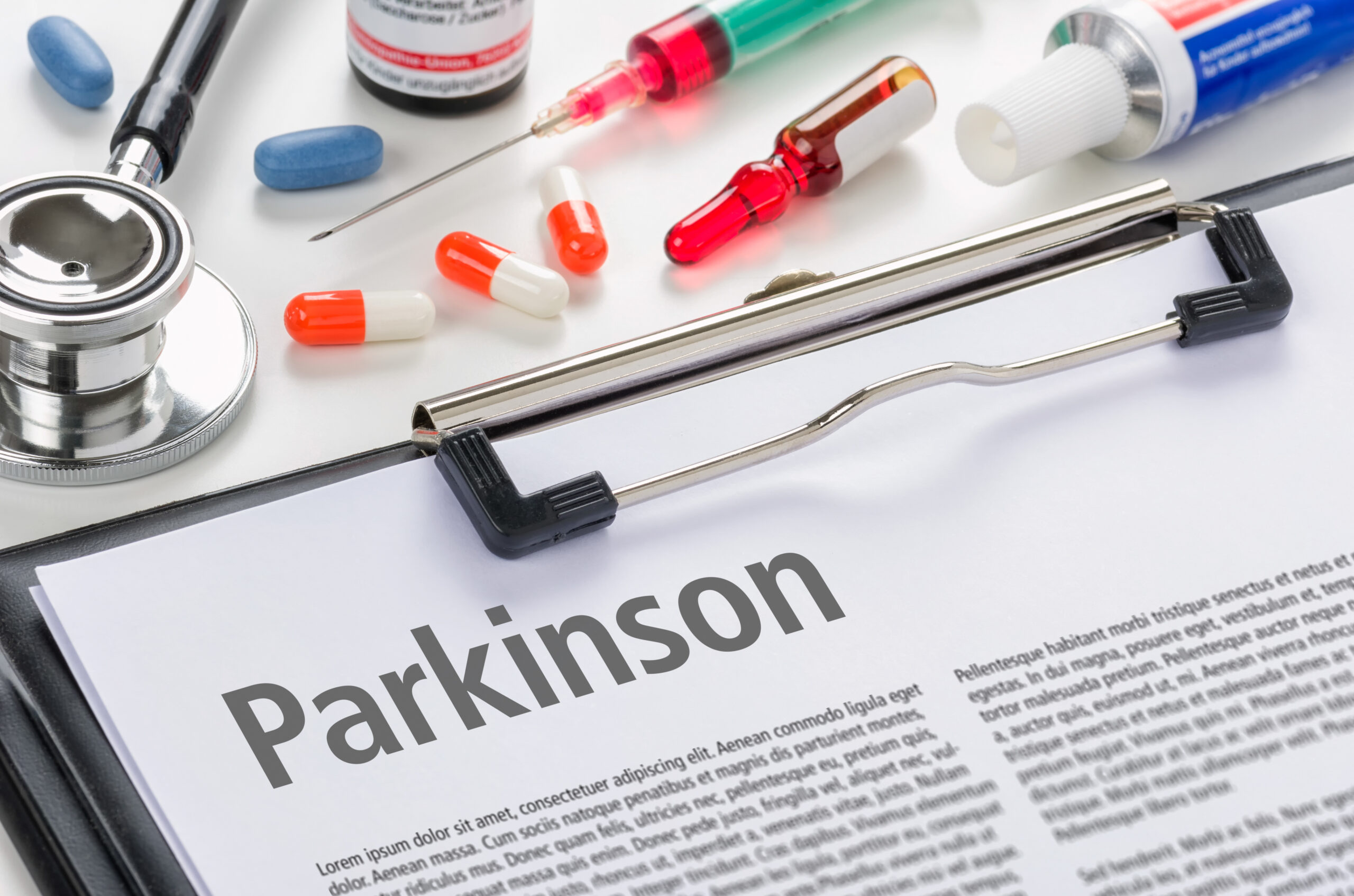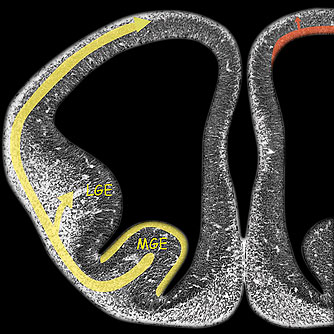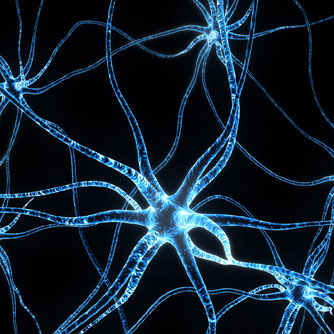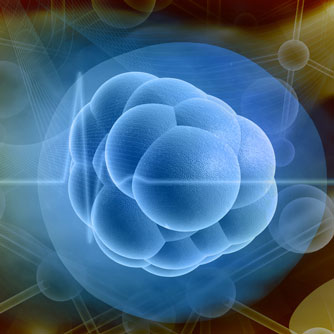Parkinson’s Disease, Examining Clinical Approaches
Parkinson’s disease (PD) is characterized as a progressive neurodegenerative disorder associated with the loss of dopamine-producing neurons in the substantia nigra region of the midbrain. Classically its presentation includes a triad of motor manifestations: bradykinesia, resting tremor, and muscle rigidity. Among non-motor manifestations are autonomic dysfunction, mood disorders, and cognitive impairment. The prevalence of PD has doubled in the past …



